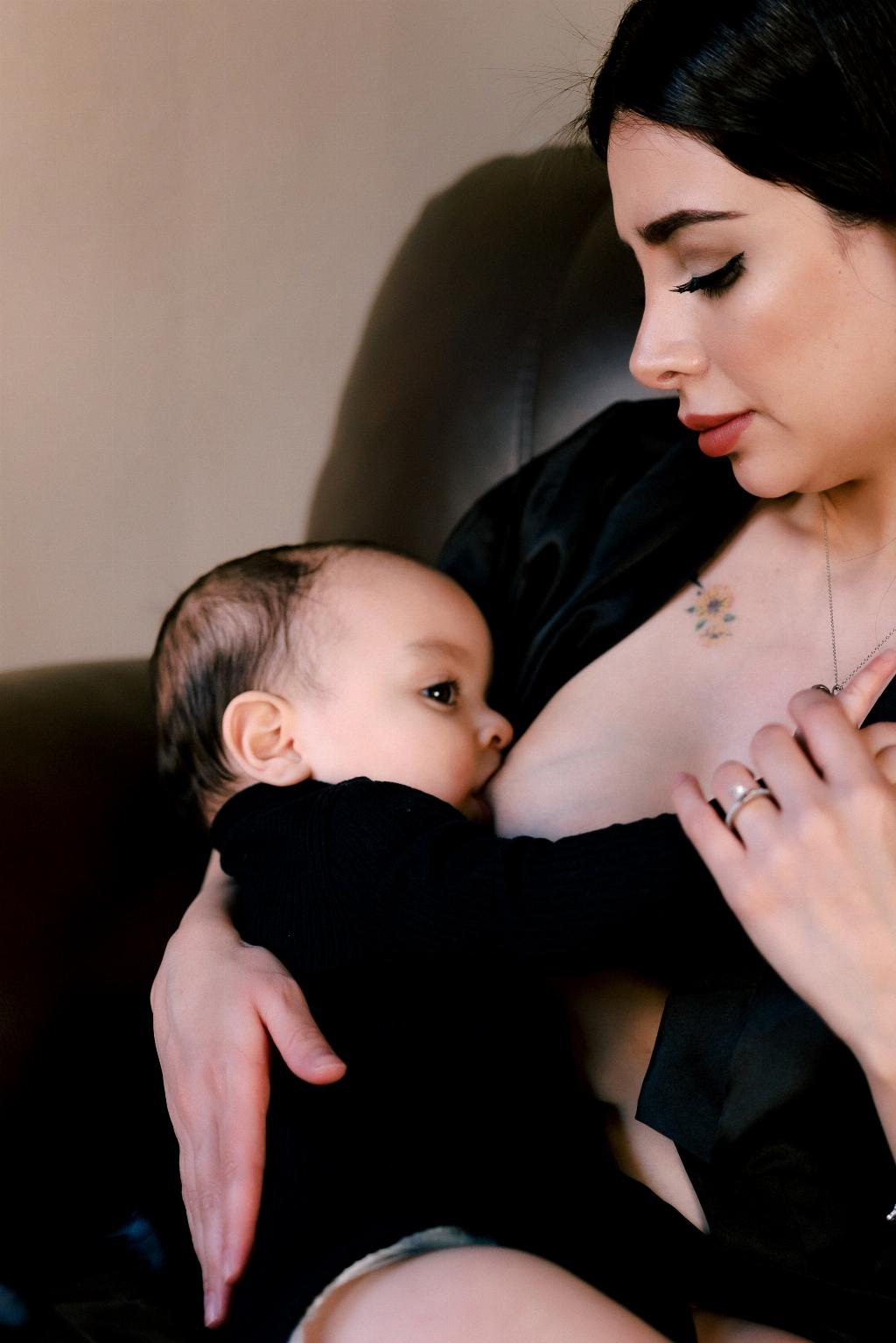When delving into the realm of online content creators and the legal implications surrounding their work, one cannot ignore the case of Lee Felton, a Youtuber who found herself at the center of a storm of controversy and legal battles. Felton’s story raises important questions about the boundaries of free speech, the ethics of content creation, and the responsibilities that come with having a platform and an audience.
The Rise of Lee Felton: Creating Controversial Content on Youtube
Lee Felton gained notoriety for creating sexualized breastfeeding videos on Youtube, content that sparked heated debates and divided opinions among viewers and critics alike. Her videos featured explicit depictions of breastfeeding that many found disturbing and inappropriate, especially considering the young audience that frequents the platform.
The Legal Battle: Lee Felton’s Sentencing
Despite arguments that her videos were a form of artistic expression and protected speech, Lee Felton was ultimately sentenced to 10 years in prison for producing and selling child pornography. The court found that her content crossed the line into illegal territory, violating laws aimed at protecting minors from exploitation and abuse.
Debating Free Speech: The Ethical Dilemma
Lee Felton’s case raises complex questions about the limits of free speech and the responsibilities that come with creating content for a wide audience. While freedom of expression is a fundamental right, it is also important to consider the potential harm that certain forms of speech can cause, especially when it comes to vulnerable populations like children.
Content Creation Ethics: Balancing Creative Freedom and Social Responsibility
As content creators, individuals like Lee Felton have a unique platform and influence over their audience. With this power comes a responsibility to consider the impact of their work and the messages they are sending. Creating content that is respectful, ethical, and in line with legal standards is essential to maintaining trust and integrity.
Legal Precedents: Setting Boundaries in the Digital Age
The case of Lee Felton is not an isolated incident, but part of a larger conversation about the regulation of online content and the protection of vulnerable populations. Courts and lawmakers are grappling with how to address the challenges posed by the internet age, balancing the right to free speech with the need to prevent harm and exploitation.
Learning from Controversy: Moving Forward Responsibly
While Lee Felton’s case serves as a cautionary tale, it also offers an opportunity for reflection and growth. By examining the ethical and legal issues at play, content creators can better understand their role in shaping online discourse and take steps to ensure that their work is both creative and responsible.
The Impact of Lee Felton’s Case: Lessons for the Online Community
The repercussions of Lee Felton’s actions extend beyond her personal legal troubles, resonating throughout the online community and prompting important discussions about accountability, censorship, and the line between artistic expression and exploitation. It is crucial for individuals and platforms alike to grapple with these complex issues and work towards creating a safer and more respectful online environment.
Conclusion: Navigating the Complexities of Content Creation
Lee Felton’s case serves as a stark reminder of the challenges and responsibilities that come with being a content creator in the digital age. By learning from her story and engaging in thoughtful dialogue about the ethical and legal implications of online content, we can work towards a more informed, ethical, and respectful online community.

